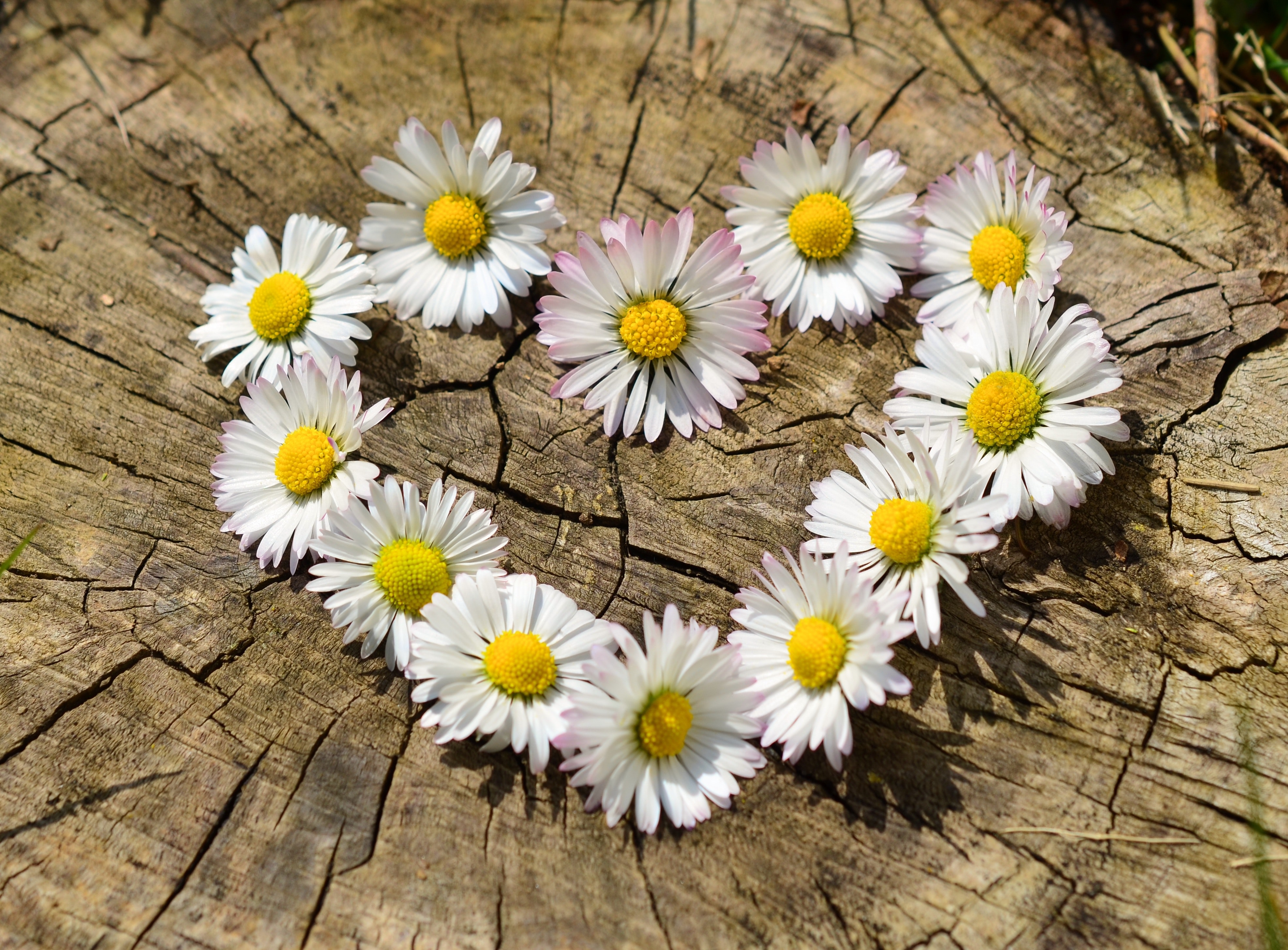
Tips & Tools
Managing your anxiety
Not Feeling so Grateful Lately

Written by Joelle Anderson, MA, RP, CCC
Life’s been tough.
Between a global pandemic; hugely important, but heavy realizations about privilege and power; and no longer even being able to see the smile on the face of our friendly, neighbourhood grocery store clerk… is it any wonder we might not be feeling all that grateful lately?
In fact – trying to find gratitude right now might even down-right tick you off!
And frankly, that’s OK.
Why?

A lot of us have a history with gratitude that can feel invalidating. And invalidation is consistently shown to be...well…no good for psychological wellbeing1,3,6.
Invalidation occurs when we essentially dismiss or even shame ourselves for how we feel1,3.
We often grow up hearing gratitude tied to invalidating statements such as, “you have no reason to be upset, you have so much to be grateful for,” or, “there are people in the world suffering more than you, you should be more grateful!” 6.
Is it any wonder we resist gratitude? Statements like these essentially suggest that any of the challenging feelings we are experiencing are somehow flawed. For example, say we are feeling lonely, isolated, and sad during this pandemic. Feeling like we “should be grateful” because we are still working or have our health (read: “others in the world are suffering more”) can make us feel like we are supposed to feel OK and so something must be wrong with us if we are down.
In other words, it can just make us feel ashamed for how we feel. And, shame certainly isn’t going to make us feel more grateful. In fact, shame is a self-conscious emotion that tends to make people withdraw, disconnect, and criticize themselves and their experience even more4.
So how do we turn this ship around? Is gratitude even helpful?

Yes, it can be very helpful – but only when we can recognize it as one part of our experience.
Emotions aren’t clear cut. We don’t feel either good or bad. We generally feel bits of both.
And gratitude helps to balance out a really important bias in the human brain.
Human brains tend to experience what is called “positive-negative asymmetry”2. In other words, our neurochemicals and neurocircuitry (the stuff that “wires” our brain’s patterns of thinking) is biased to focus on negative experiences. This helped us survive better as a species (it was a lot more important to make sure we learned to avoid the sabretooth tiger than to enjoy some berries), but it’s not always so helpful in our complex society of today.
This bias means that we need to consciously try and find more positive experiences and/or focus on them more consciously in order to “balance out” our brain2. Essentially, for every 1 negative experience it can take at least 4 positive experiences to “balance out” our perceptions.
So gratitude can be important. It adds that balance to emotions and the brain – but only if it’s used as an “and”, not a “but”. Instead of “I feel lonely, isolated, and sad BUT I have my job and health” we are aiming for “I feel lonely, isolated, and sad AND I have a job and my health”. The “and” validates our experience while helping to reduce neural bias, making the full reality of the situation more bearable.

Still finding it hard to even come up with anything to be grateful for?
Then don’t worry about it for now. Focus on validating yourself, processing your emotions, and giving yourself space to regulate through soothing sensory experiences or distraction.
And, see if you can at least give yourself some self-compassion. Recognize that you may be struggling and try speaking to yourself the way you would speak to a friend if they had the same experience.
Not so good with self-compassion? Check out Dr. Kristen Neff’s (2020) exercises for increasing self-compassion here: http://self-compassion.org.
This way you can at least stop beating yourself up about gratitude… or anything else ;)
Stay safe and well out there, folks!
References
1. Benitez, C., Southward, M. W., Altenburger, E. M., Howard, K. P., & Cheavens, J. S. (2019). The within-person effects of validation and invalidation on in-session changes in affect. Personality Disorders: Theory, Research, and Treatment, 10(5), 406–415. https://doi.org/10.1037/per0000331
2. Hirozawa, P. Y., Karasawa, M., & Matsuo, A. (2018). Intention matters to make you (im)moral: Positive-negative asymmetry in moral character evaluations. The Journal of Social Psychology, 160(4), 401-415. Doi: https://doi.org/10.1080/00224545.2019.1653254
3. Linehan, M. M. (2014). DBT skills training manual, Second edition. The Guilford Press.
4. Lynch, T. R. (2018). The skills training manual for radically open dialectical behavior therapy: A clinician's guide for treating disorders of overcontrol. Context Press.
5. Neff, K. (2020). Self-Compassion. Retrieved October 10, 2020, from https://self-compassion.org/
6. O'Shoney, C. (2020, January 23). How to Be Grateful Without Ignoring How You Feel. Retrieved October 10, 2020, from https://mytherapynyc.com/be-grateful/
- All
-
29 Nutrition
Nutrition
- 73 Mindfulness and Relaxation
- 27 Student Life
- 8 Exercise
- 51 Treatments & Therapies
- Anxiety Resources

Don't see what you're looking for? Send us an email!
©Copyright 2024 Cam’s Kids powered by Kids Help Phone
Not-for-Profit Organization. B/N: 921508-5
Thanks for visiting Cam's Kids. Please remember...
Cam's Kids is not a service provider.
If you are in crisis, please call 911 or go to your nearest emergency department. For free, confidential counselling, contact Good2Talk or Kids Help Phone.
Post-secondary students: find your local crisis resource here.

